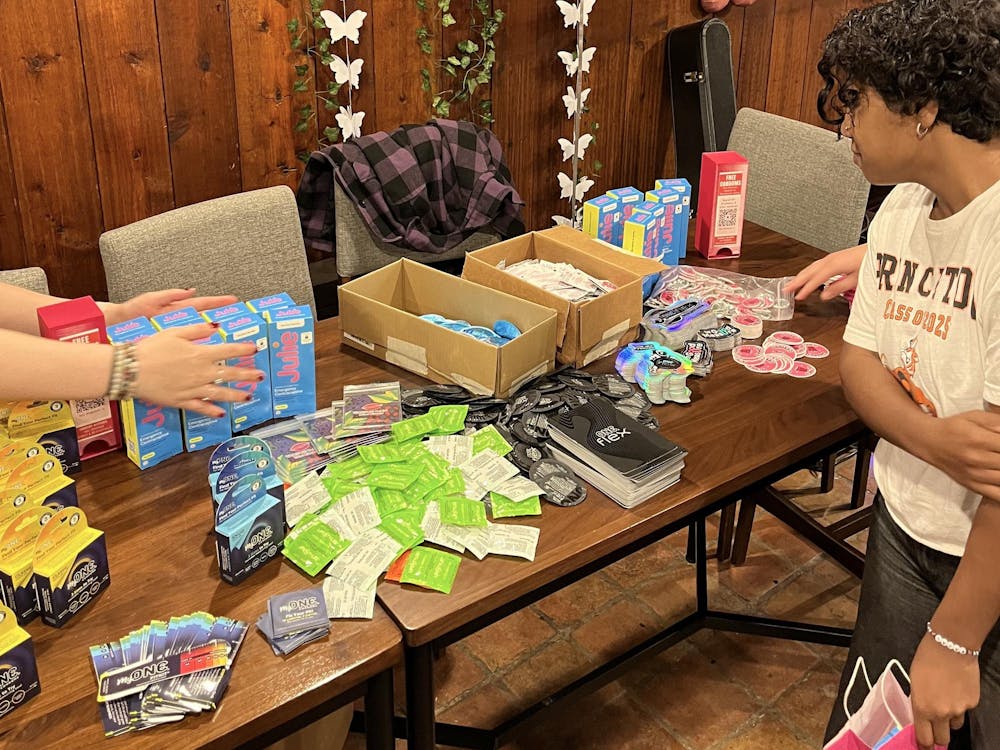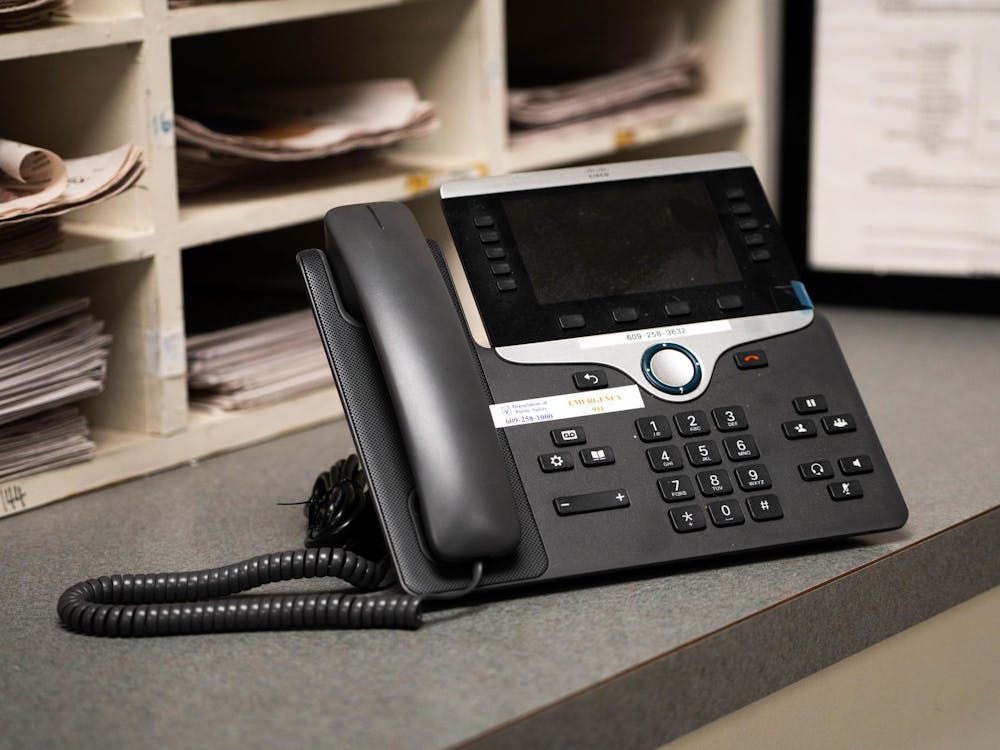Fall is here at Princeton, and brings with it cascading leaves, crisp winds, apple cider, and Princetoween. Although many underclass students might have procrastinated midterms, the mad scramble to get passes for the Thursday before fall break was prioritized. Some asked friends of friends to ask that one senior that they know, others contacted their CA and OA leaders out of the blue after months without contact, and really desperate students turned to Piazza (a forum for academic discussion) as a last resort. Because anything for that pass, right?
For those fortunate students who haven’t yet been sucked into the pass and list whirlpool, here’s a brief introduction to the system. Out of the 11 eating clubs, the six Bicker clubs are usually on pass or list the nights that they are open (with the exception of Tower Club, which usually accepts a University ID card before 12:30 a.m.). In order to enter the pass clubs, you must have a physical pass — a piece of paper distributed by upperclass members that grants you admittance. To enter the list clubs, your name must be on a pre-established list. Passes and list spots are limited, with the quantity depending on whether the member is a junior, senior, or officer of the club.
While it makes sense that members should have a say in who gets to enter their club, the pass/list system is a prime example of the prevailing elitism on campus. As an anonymous sophomore put it, “The system only reinforces the stereotypes Princeton is trying very hard to fight in its admissions process. Social life at Princeton, especially on the Street, is highly segregated with no sense of inclusivity.”
The problem with the system is the fact that underclass students need connections to get access to the clubs. Often, the desire to get a pass conflicts with relationships to the upperclass students they are getting the pass from, as many underclass students feel that they are using their junior and senior friends. While some believe that asking upperclassmen for passes promotes inter-class friendships, the process can be intimidating and uncomfortable, as demonstrated by a post on Real Talk Princeton that asks: “[H]ow well do you feel like you need to know someone for it to be ok for them to ask for passes?” The contributor’s reply includes the following: “I can see it getting annoying though if literally the only time someone ever talks to you is if they are asking for passes.”
The fact that the University intentionally leaves out the eating clubs on Orange Key tours is another red flag. An Orange Key tour guide recounted her trial tour, where experienced guides accompany the tour to make sure everything goes smoothly. During the tour, a curious prospective student asked her about how to join the eating clubs, and she launched into an explanation of sign-in versus Bicker. “Later,” the new tour guide said, “the accompanying guide took me aside and told me not to go into detail about the system. Some aspects of the eating clubs are seemingly a taboo topic.” The tours look at Princeton through rose-tinted glasses, hiding the exclusivity of the system from prospective applicants.
While the pass/list system is far from perfect, however, it could be a lot worse. Divyanshu Pachisia ’20 favors the system at Princeton over that of other schools he has visited. “At least we have the opportunity to go out without being part of frats or sororities, unlike at other schools,” he said. Indeed, the pass/list system is a step in the right direction in the sense that membership is not a prerequisite for going out.
But this doesn’t mean that improvements are not in order. One solution is to make all the clubs go PUID once a week, enabling access to everyone with a University ID. When asked about his views on this proposal, Stefan Lee ’18, president of Quadrangle Club, said “I think it’s great if that were to happen. I like the democratizing factor: If you’re throwing a party, people should be able to go for the party.” But he also brought up practical concerns: “Crowd control would be discouraging for a lot of people, and members won’t be able to prioritize people they are trying to recruit.” An alternate idea, which would factor in the problem of crowd control, would be to have two lines: a PUID line and a fast-track, pass/list line where the latter would have higher priority for entrance. This would ensure that the clubs don’t exceed their capacity as people would have to wait until there is space to enter.
Both solutions are far from perfect, but they suggest a model for change in this obviously flawed system. Here’s to hoping that next Princetoween, we won’t see any more requests for passes on Piazza.
Urvashi Uberoy is a sophomore from New Delhi, India. She can be reached at uuberoy@princeton.edu.









